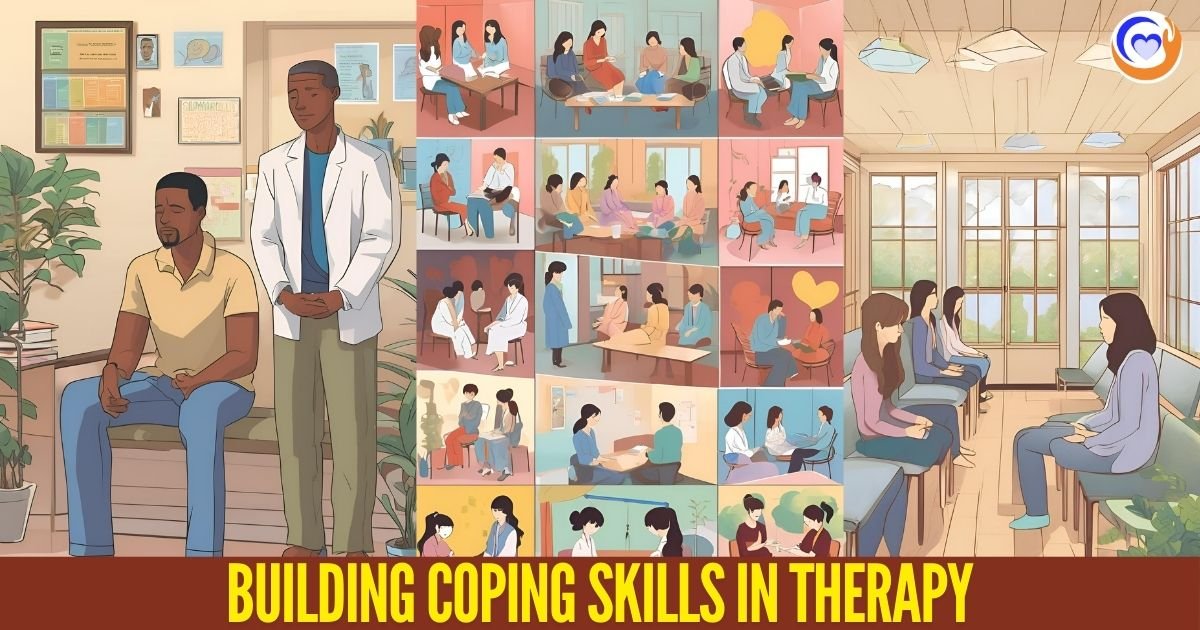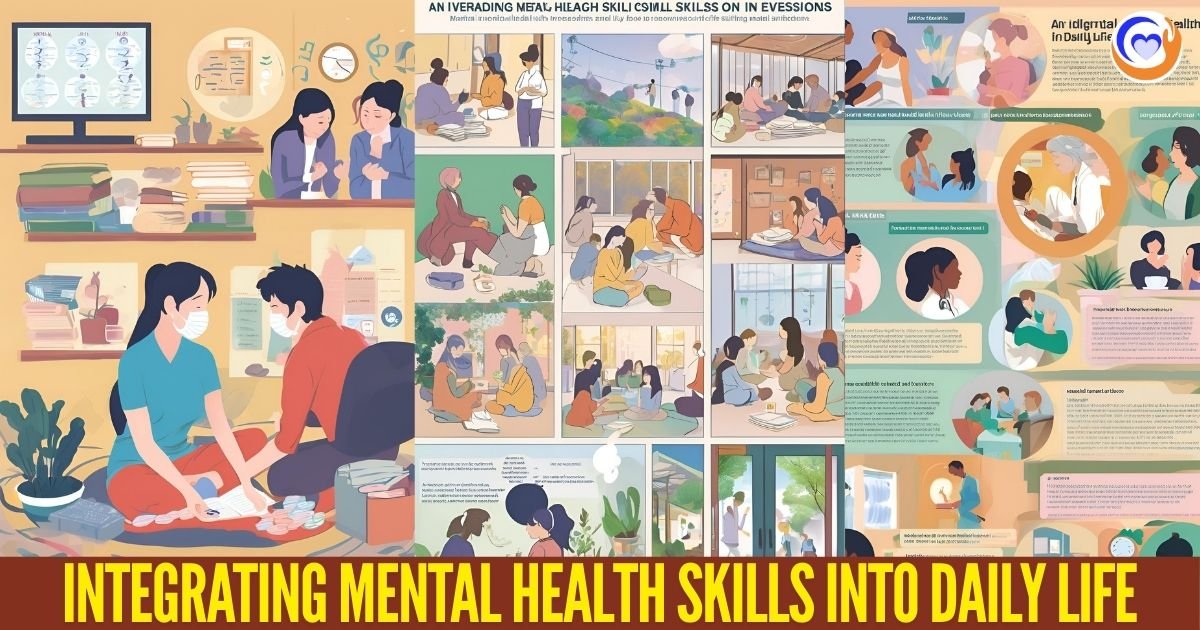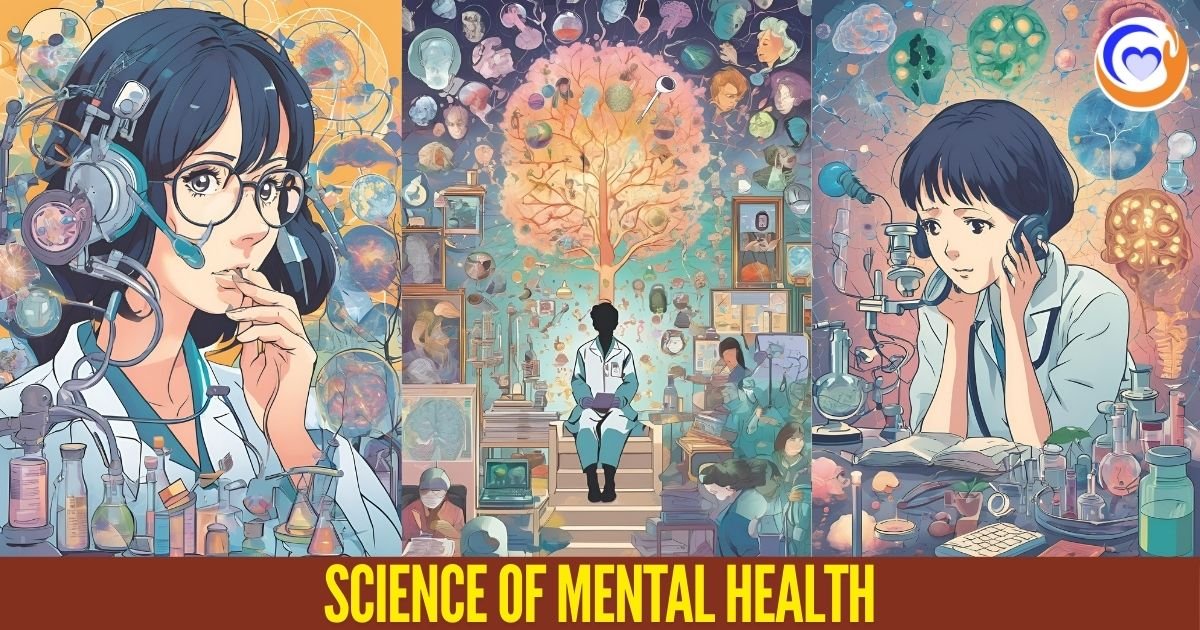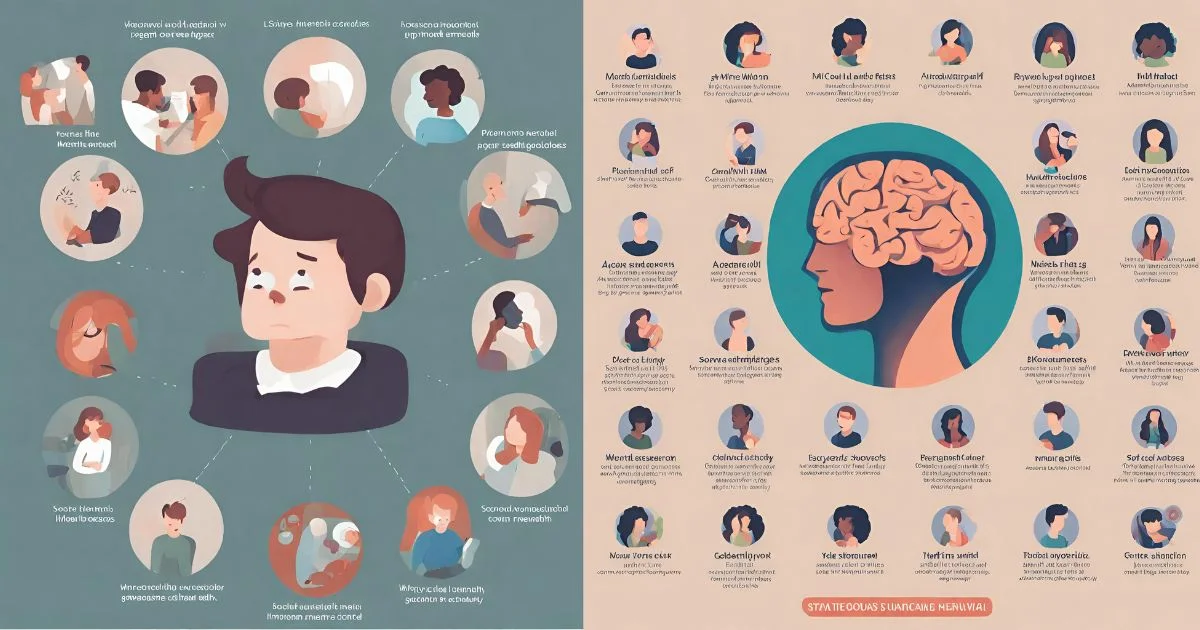Mental health is a critical component of overall health and well-being. In recent years, there has been a growing recognition of the importance of mental health skill building – acquiring and practicing coping strategies that contribute to emotional resilience and the ability to manage stress and adversity. Teaching positive mental health skills can benefit people throughout their lifespan by promoting self-care and adaptability. This essay will provide an in-depth overview of evidence-based mental health skills and how they can be incorporated into education, therapy, workplace wellness, and daily life.
Read More: An Introduction to Science of Mental Health
Promoting Positive Mental Health Skill Building in Childhood

Childhood is a pivotal time to learn strategies for processing emotions, managing stress, and building self-esteem. Social-emotional learning curricula in schools aim to foster competencies like self-awareness, responsible decision-making, relationship management, and self-care. Key skills include emotional recognition, stress management techniques, communication, problem-solving, and help-seeking.
One example is the PATHS curriculum – Promoting Alternative Thinking Strategies – used in K-6 classrooms worldwide. Through lessons, modeling, and practice it teaches children to label and express feelings appropriately, control impulses, read social cues, resolve conflicts, and seek support when needed. Studies show PATHS improves emotional knowledge, decreases aggression and depression, and improves academic performance.
Mindfulness education is another emerging approach to imparting mental health skills in childhood. Mindfulness teaches present-moment awareness, concentration, and observation of thoughts and feelings without judgment. Studies of school mindfulness programs like Inner Explorer, MindUP, and Learning to BREATHE indicate cognitive, social, psychological, and behavioral benefits for students. Yoga, meditation, and breathwork help children relieve stress and gain emotional awareness.
Providing children with vocabulary and tools to understand and care for their mental health allows them to carry these coping skills into adulthood. Supporting healthy social-emotional development early in life establishes a critical foundation for mental health.
Building Coping Skills in Therapy

For individuals struggling with mental health disorders like anxiety, depression, or trauma, psychologists and therapists often focus on teaching coping strategies as part of treatment. Cognitive-behavioral therapy, mindfulness-based approaches, dialectical behavior therapy, and problem-solving therapy all involve skill-building components.
CBT focuses on identifying unhealthy thought and behavior patterns and shifting them to more constructive habits. Skills include cognitive restructuring to challenge negative thinking, relaxation techniques, graded exposure therapy, and scheduling enjoyable activities. Mindfulness practices such as meditation, yoga, and breathing exercises are often incorporated.
DBT was originally developed to treat borderline personality disorder and teaches distress tolerance, emotion regulation, interpersonal effectiveness, and mindfulness. Skills help patients regulate emotions, communicate needs, tolerate stress, and accept change. Problem-solving therapy helps patients systematically address problems by defining the problem, generating solutions, choosing a strategy, and evaluating the outcome.
Learning positive coping strategies within the framework of therapy equips patients with the tools to better manage their condition and sustain mental well-being. Skill building is tailored to address problematic thought and behavior patterns contributing to specific disorders. As patients gain competency applying these techniques, they generally experience improved symptoms and functioning.
Fostering Workplace Mental Health and Wellness

The workplace is an opportune setting to promote mental health skills for employees. Stress and burnout are widespread in many occupational fields. Organizations that prioritize employee mental health and well-being through skills training can benefit from improved engagement, productivity, satisfaction, and retention.
Resilience training focuses on developing the ability to recover from adversity, adapt to change, and thrive under stress. Skills may involve stress management, optimistic thinking, self-care, health behaviors, goal setting, and utilizing support systems. Studies show resilience training protects against burnout by mitigating exhaustion, cynicism, and lack of efficacy.
Mindfulness programs help employees become more focused, aware, and present. Practicing mindfulness – through breathing exercises, yoga, and meditation – reduces anxiety, boosts cognitive performance, and develops calm under stress. Managers can also cultivate team mindfulness through shared activities like brief meditations before meetings.
Communication and conflict management skills help create more positive work interactions. Employees learn to express themselves constructively, actively listen, provide effective feedback, and collaborate through shared understanding and compromise. This improves workplace culture and decreases dysfunctional dynamics that erode mental health.
Offering skills training and support for employee mental health demonstrates organizational commitment to well-being. A psychologically healthy culture benefits both individual employees and the company as a whole.
Integrating Mental Health Skills into Daily Life

Beyond structured interventions, simple mental health practices can be integrated into everyday routines to manage stressors and boost wellbeing. Small daily actions cumulatively have significant impacts. Mental health skills for daily life center on self-care, emotion regulation, mindset shifts, relationship skills, and making time for renewal.
Self-care involves caring for physical and emotional needs through sufficient sleep, nutrition, exercise, appropriate medical care, and basic hygiene. Setting aside time for enjoyable hobbies and relaxation allows the mind and body to recharge. Practicing self-compassion and gratitude cultivates positive emotions and satisfaction.
Managing emotions involves techniques like mindfulness, deep breathing, progressive muscle relaxation, and cognitive reframing. Taking brief pauses when emotions are intensified creates space to process feelings and choose intentional responses.
Adjusting mindset helps reframe challenges, focus on solutions, and shift negative thought patterns to be more constructive. Observing one’s internal dialogue allows the opportunity to modify unhelpful narratives and beliefs undermining well-being.
Relationship skills include clear communication, validation, compromise, and conflict resolution. Setting boundaries and asking for support fosters interpersonal esteem and connection. Making time for loved ones enables meaningful interactions that enrich mental health.
Weaving simple yet intentional mental health practices throughout daily routines can significantly boost mood, reduce reactivity to stress, build resilience, and enhance overall wellness. Small steps make a big difference.
Mental health skills serve as tools to cope with life’s inevitable challenges and cultivate emotional well-being. Learning and consistently applying evidence-based skills build resilience across the lifespan. Integrating skill building into education, therapy, workplace wellness, and daily habits enables sustainable positive impacts on mental health.
An ounce of prevention is worth a pound of cure – helping individuals develop strong mental health skills early in life will pay dividends for years to come. The mind is a muscle that becomes stronger through purposeful training over time.






